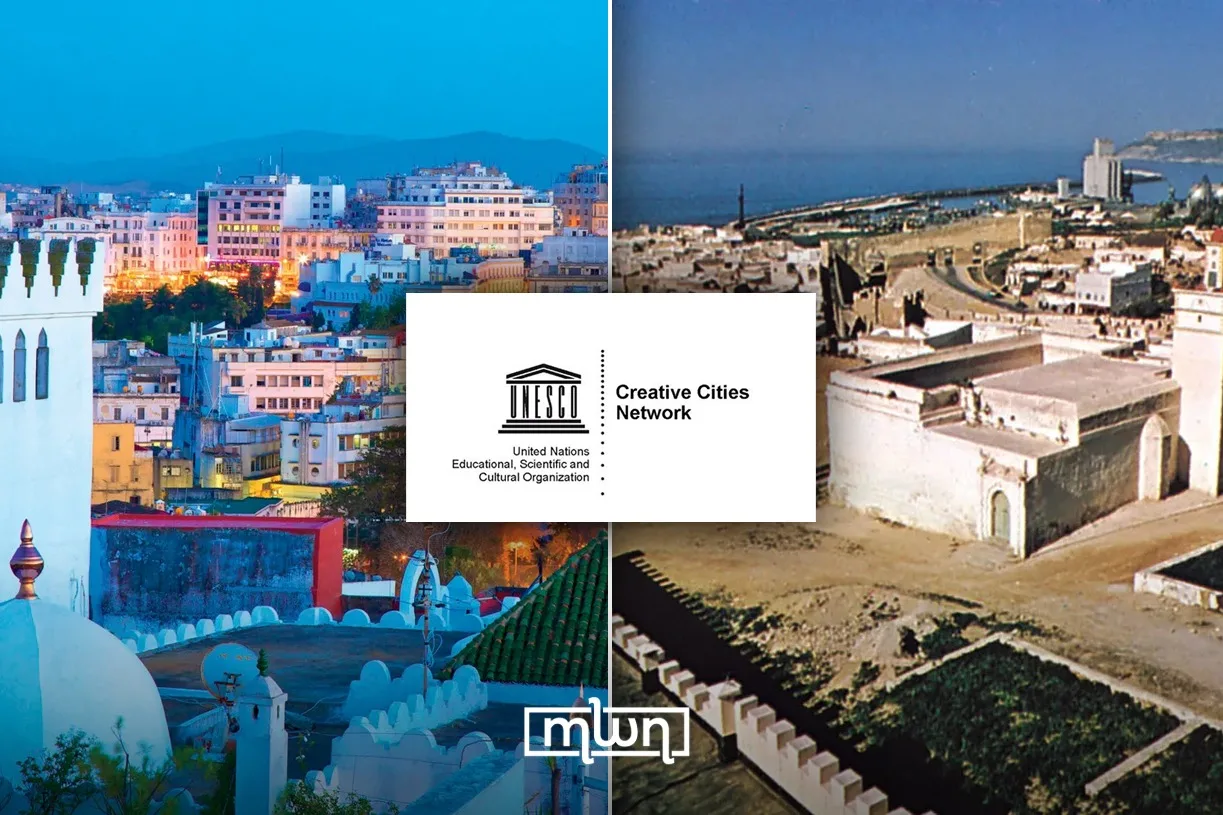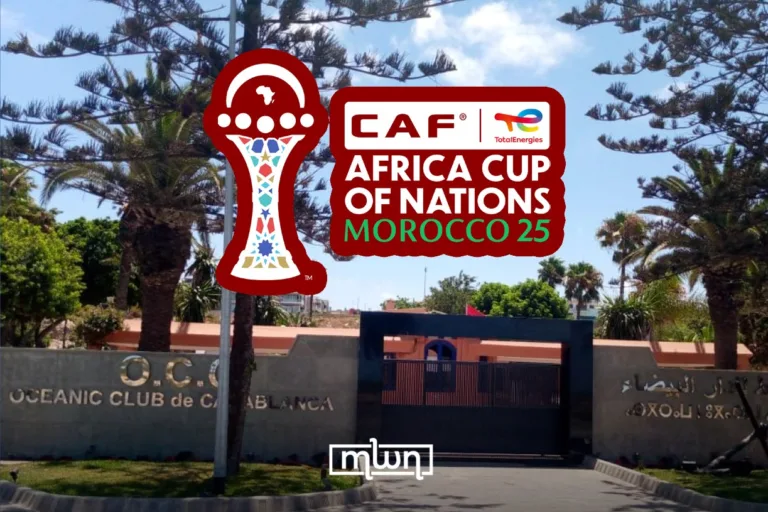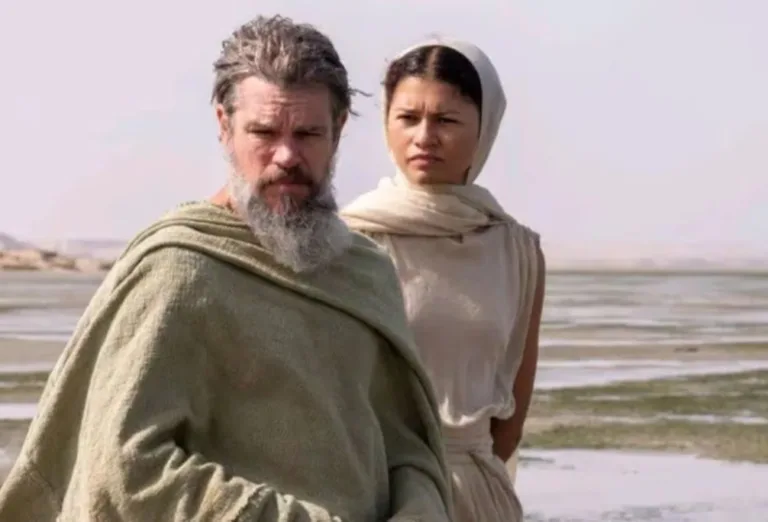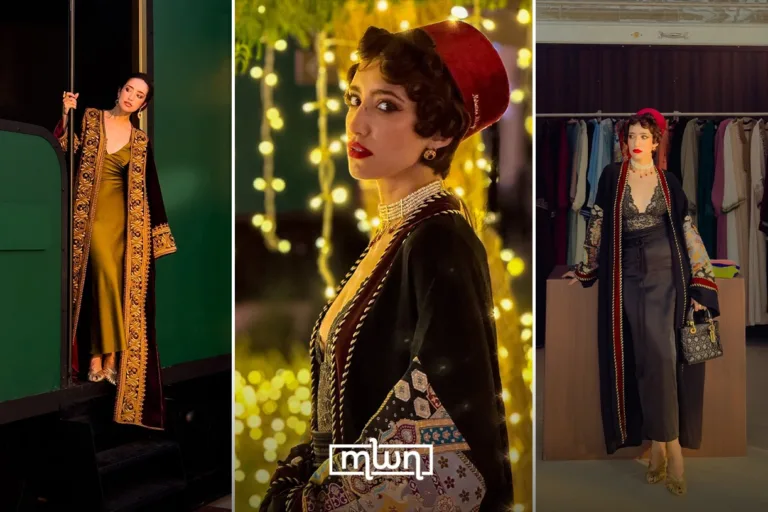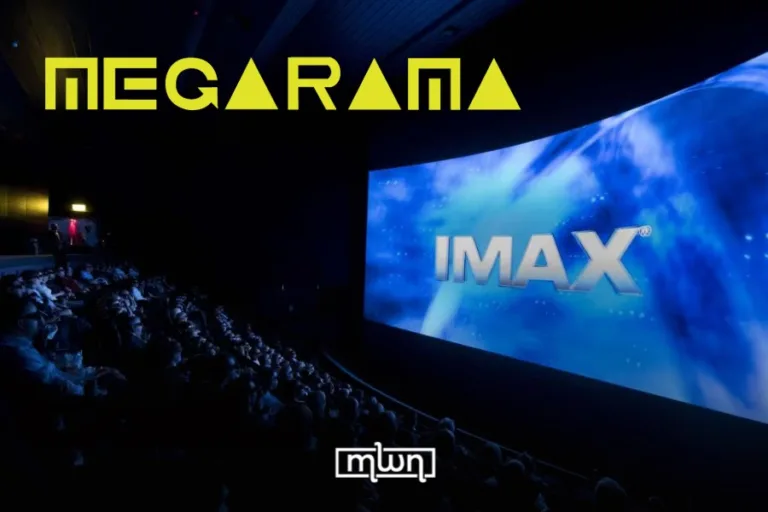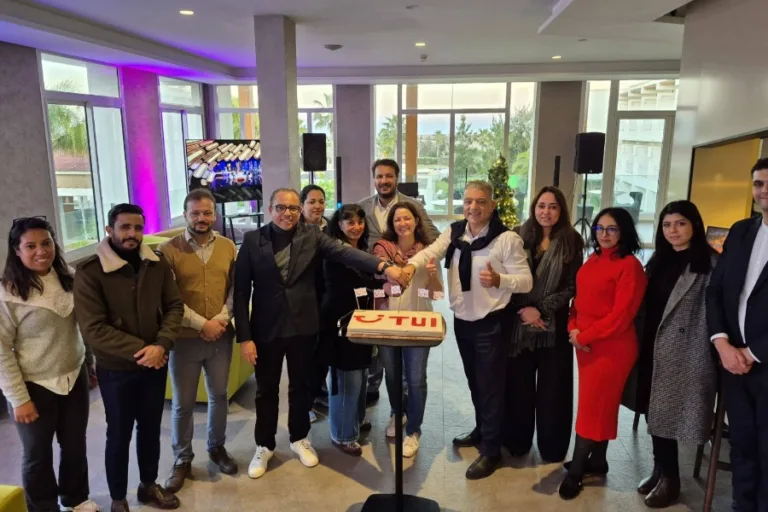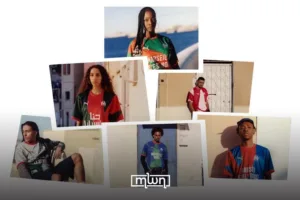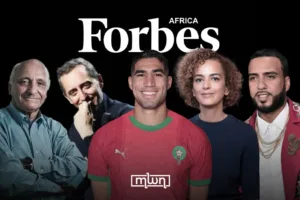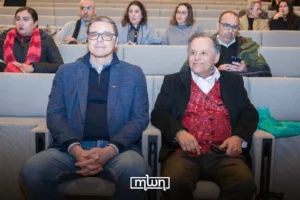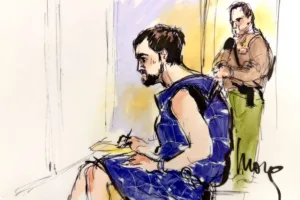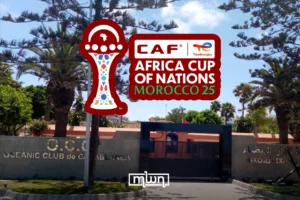Fez – UNESCO announced the 2025 cohort of its Creative Cities Network on World Cities Day, adding 58 members worldwide. Among them are Safi and Tangier, now recognized for their cultural strength and creative ecosystems. The designation connects both cities to a global platform that supports culture-driven development and collaboration.
Local media in Morocco highlighted the dual recognition, noting the symbolism of seeing both the historic pottery hub of Safi and the cosmopolitan, literature-rich Tangier join in the same year. The move underscores the diversity of Morocco’s cultural map: from craft workshops and kilns to bookshops, festivals, and artist collectives.
The Creative Cities Network promotes seven fields from Crafts & Folk Art and Literature to Media Arts, Music, Film, Design and Gastronomy. Member cities commit to sharing best practices, running cultural programs, and using creativity to boost inclusive growth and urban resilience.
Safi’s reputation is rooted in clay. Generations of artisans have shaped jars, tiles, and tableware in workshops that line the city’s hillside, feeding a web of small businesses and training centers. Tangier, by contrast, has long been a crossroads for writers, filmmakers, and musicians, which is a place where festivals and cultural venues draw audiences from across the region. Together, their entry into the network widens Morocco’s footprint and creates new opportunities for exchange with peer cities on every continent.
Morocco already has a plethora of Creative Cities that host major events and pilot cultural projects. Casablanca is a member for Media Arts, and Essaouira — home to the Gnawa music scene — is set to host the UNESCO Creative Cities annual conference in 2026. These milestones signal steady momentum for the country’s culture-based development agenda.
UNESCO says the 2025 designations aim to “strengthen the role of culture and creativity in sustainable urban development,” with all new members invited to collaborate on education, innovation, and jobs across the network. For Safi and Tangier, that means more visibility, new partnerships, and a formal seat at a global table where culture is treated as a driver of the future, not a luxury.
Safi and Tangier will now draw up action plans with UNESCO, launch exchange projects with other member cities, and develop programs that support local creators while keeping heritage at the center.

